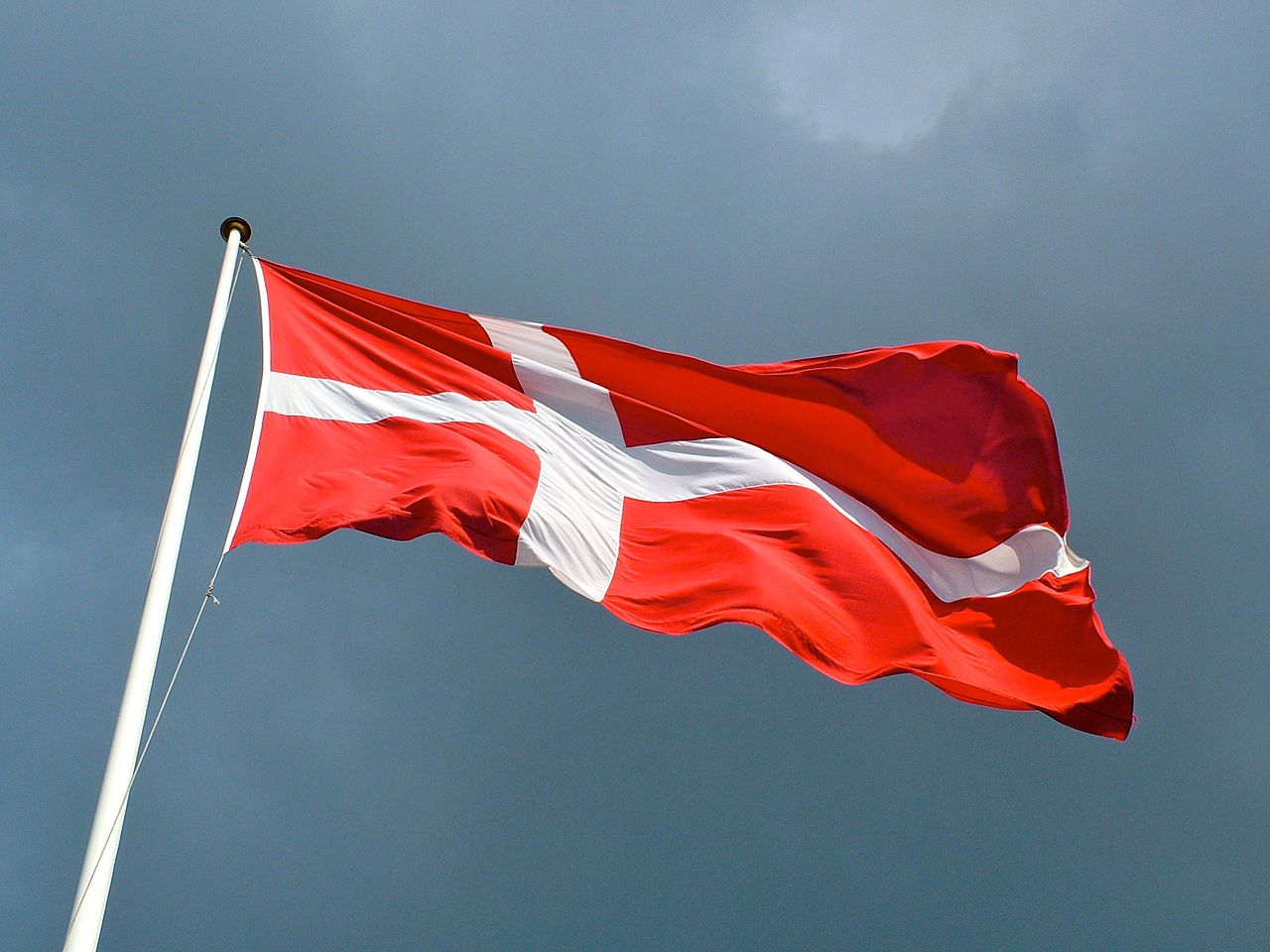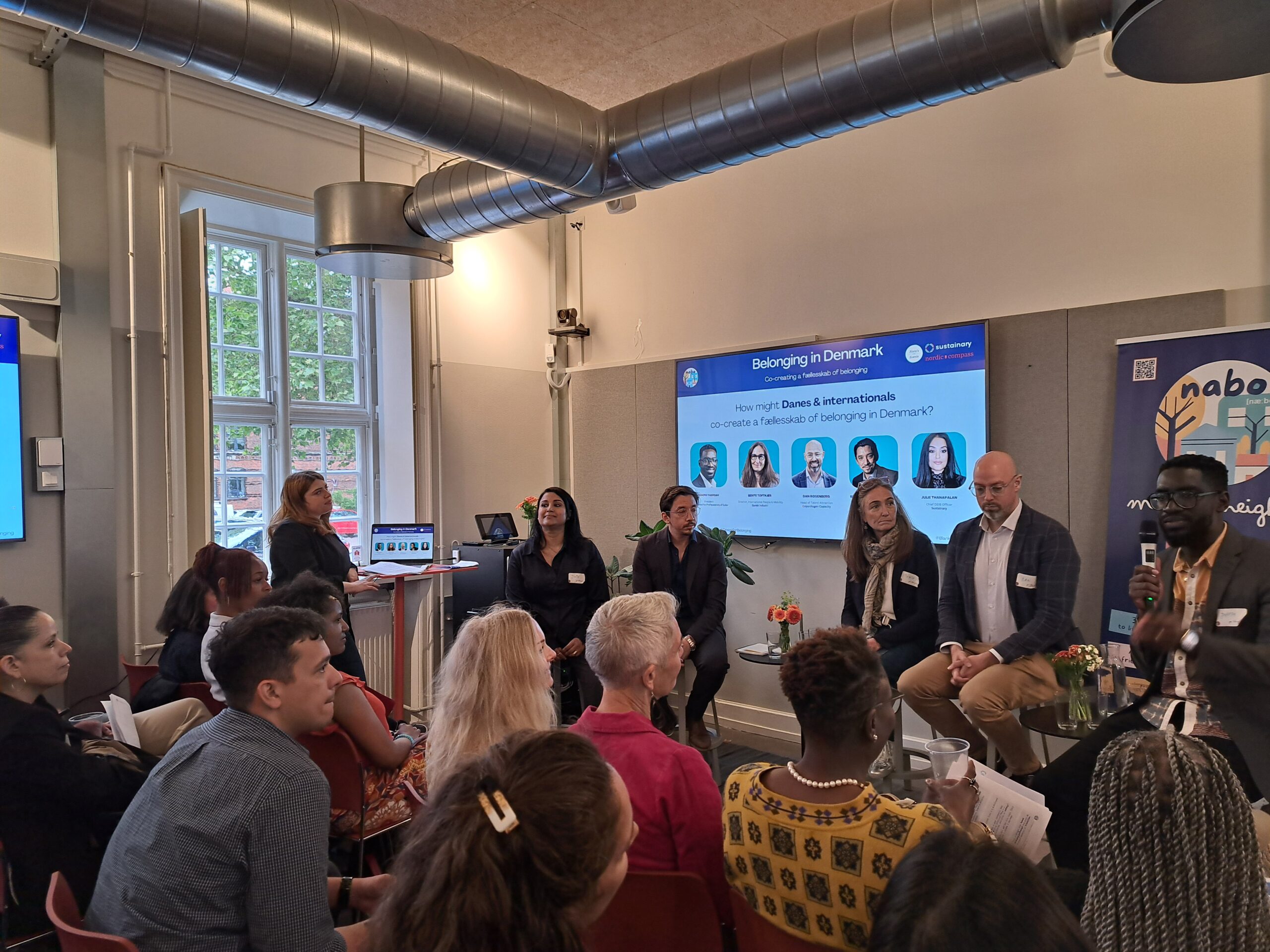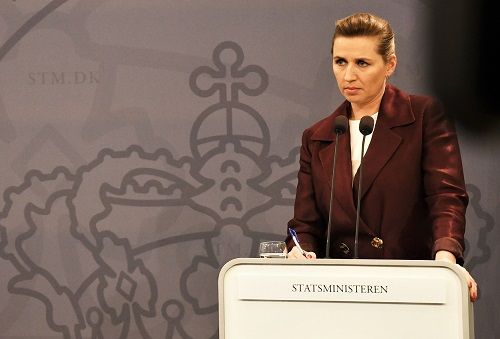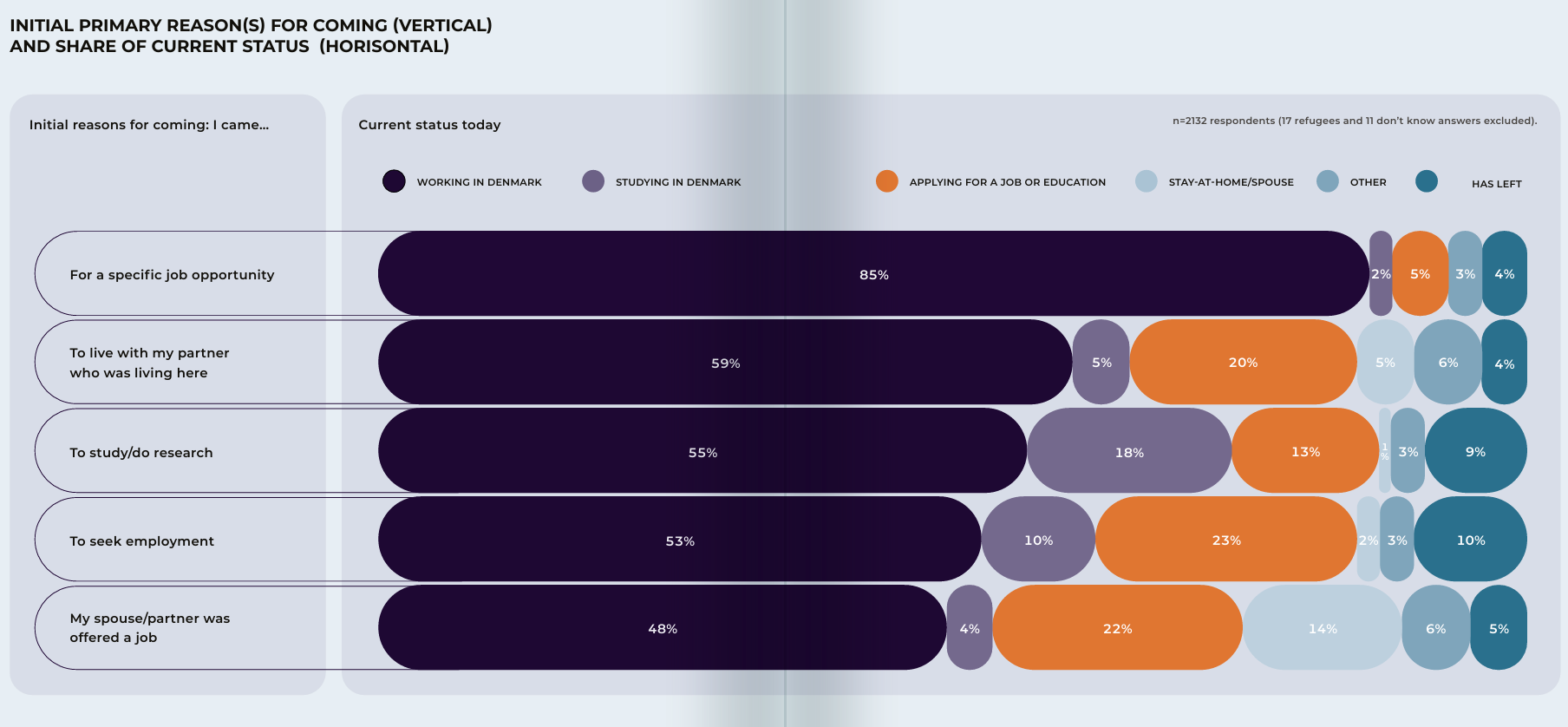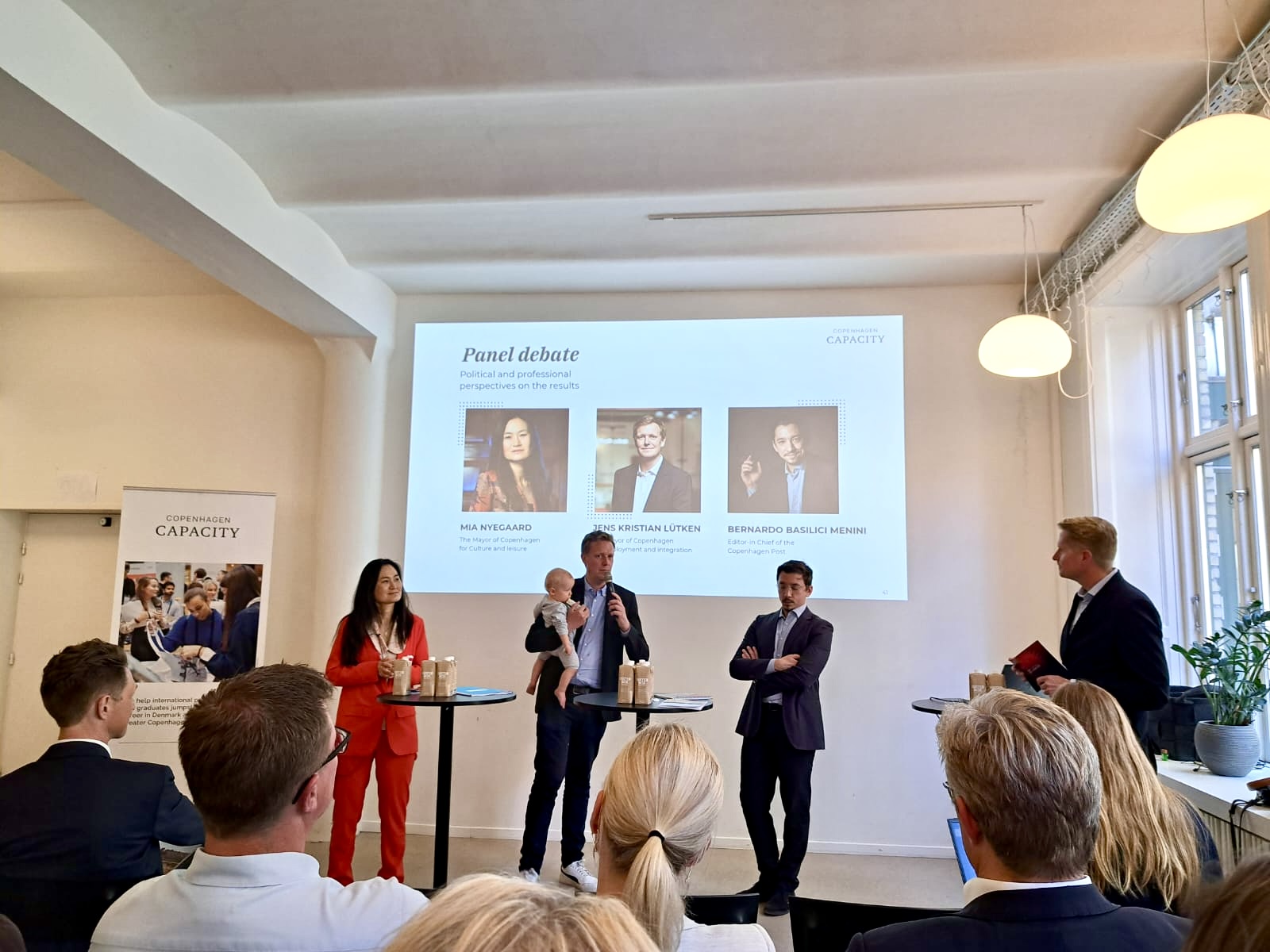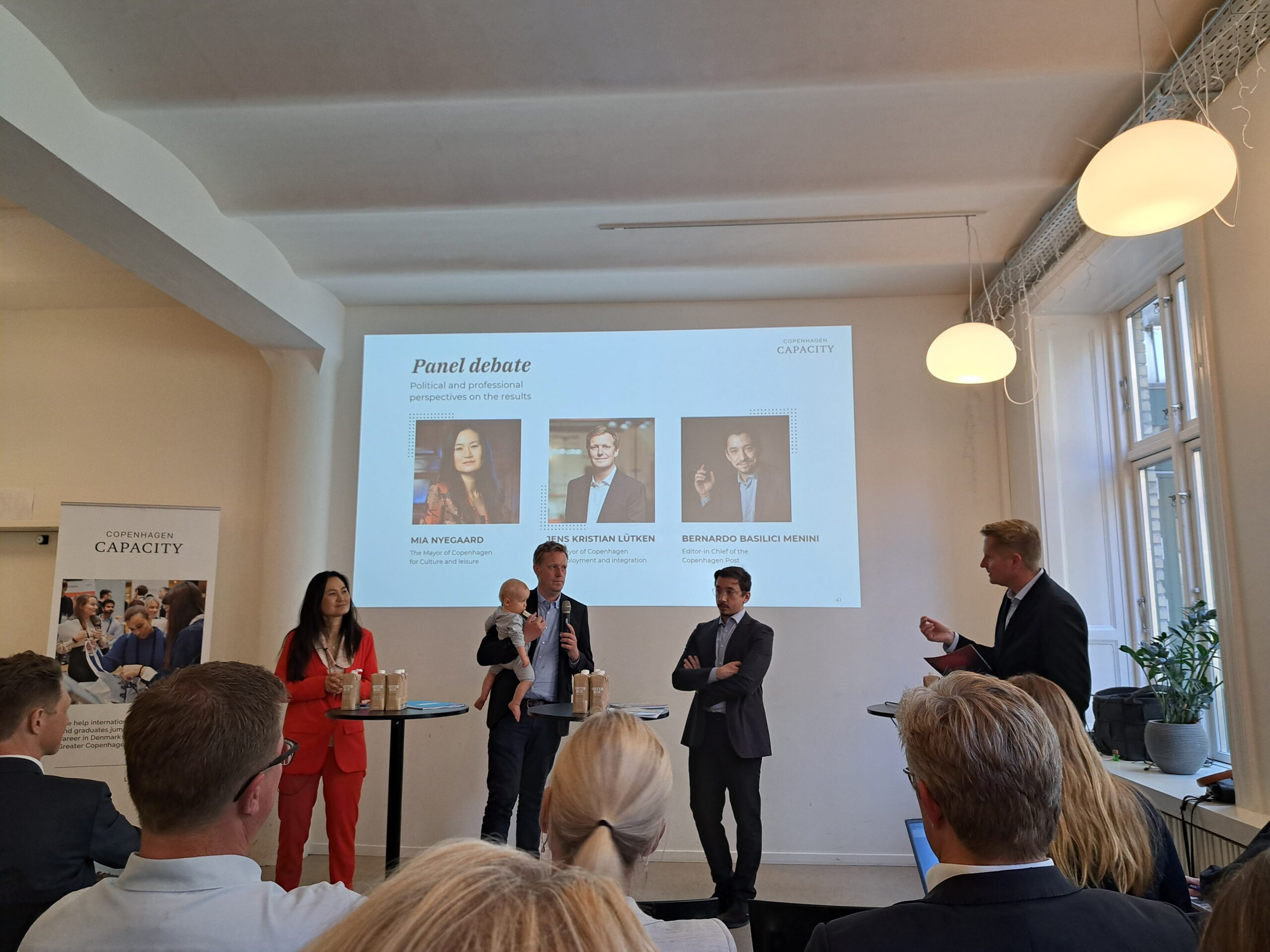If you asked an American, Brit or Irishman how many countries they thought the video rental chain Blockbuster had a store in, they would probably guess between 30 or 50 and think that it was a gigantic worldwide enterprise.
In fact, since its origins in Texas in 1985, it has only managed to spread to eight other countries. It took over the local video rental stores in Denmark in 1996, but its reign here and in a surprisingly small number of countries across the rest of the world is now coming an end.
The video chain went bankrupt in 2011 and was purchased by Dish Network, which then decided to close all of the shops in the US this month.
To be fair, Blockbuster used to be a huge corporation, peaking with 60,000 employees in 9,000 stores in 2004. But lately it has simply lost territory to the internet and lost most of its customer-base to streaming services.
And the DVD market isn’t the only sector losing out to streaming. A December survey by Harris last week revealed that two thirds of Americans now go to the movies less than they did a few years ago. Some 57 percent of Americans polled said they would rather stay at home and watch a film, and 31 percent said they watched movies at home via subscription streaming services.
Sharing stores with new owners
The Blockbuster on Vesterbrogade in Copenhagen now shares a location with its new Danish owner Recycle IT. The plan is to gradually move its focus from movies to second-hand electronics and eventually close all Blockbuster stores in Denmark as well.
The head of Blockbuster DK, Søren Heilmann, acknowledges that the company failed to use its strong brand and keep up with digital times.
“If they had invested in streaming earlier, I think we would stand a better chance today,” Heilmann told Metroxpress newspaper.
In fact, the Danish administration even discussed how it could venture into the digital market, but the plan never became a reality because it didn’t have the American owners on board with the project.
“We have already discussed this for many years, but it is definitely not something you can decide locally. If you want to follow the technological development, you need the support of your parent company.”
Along came Neflix
In 2000, Blockbuster turned down a chance to purchase a one-year-old American company offering the online streaming of movies. The company was called Netflix and ironically, 13 years later, it now has 40 million users. For Blockbuster, its success has been the fatal blow.
In October 2012, Netflix launched a Danish website and quickly overhauled the local competition of Viasat Play, Youbio and HBO Nordic.
While Netflix has not disclosed the number of its subscribers in Denmark, the latest survey carried out by YouGov showed that Netflix had reached 400,000 households in May 2013 – only seven months after it opened in Denmark. And the number of viewers who stream movies would undoubtedly rise if illegal downloading was taken into account.
It doesn’t seem like a long time ago when a weekly trip down to the video rental shop was a vital component of the weekend’s entertainment. Pick unwisely and your evening was ruined. Now you pick a movie and if you don’t like it, you turn it off and choose another.


